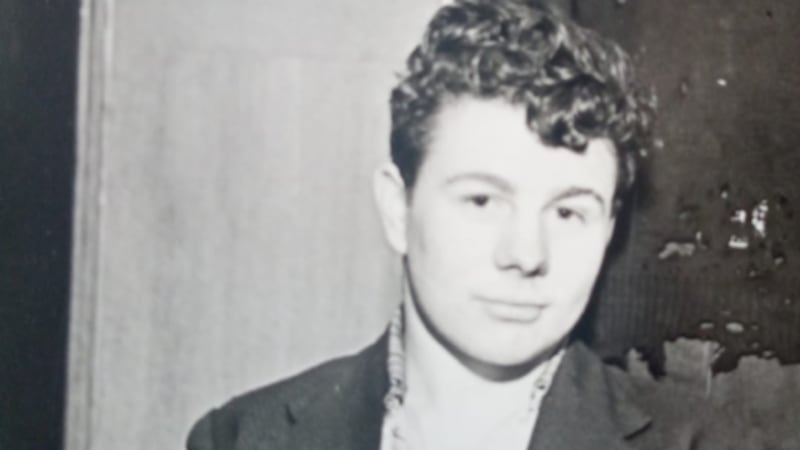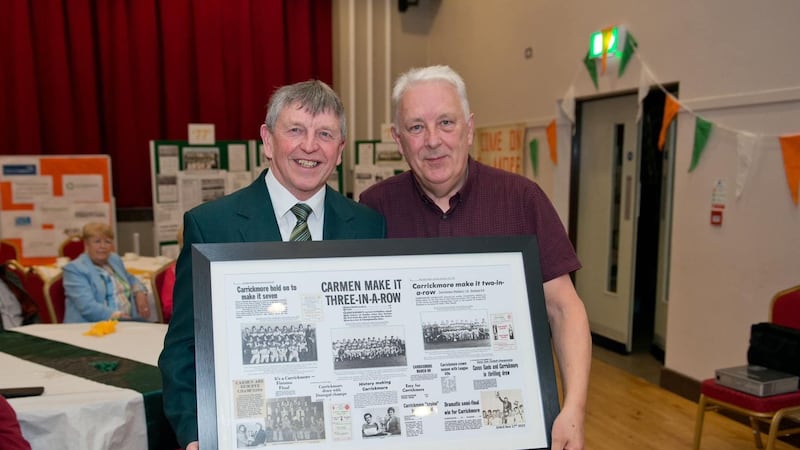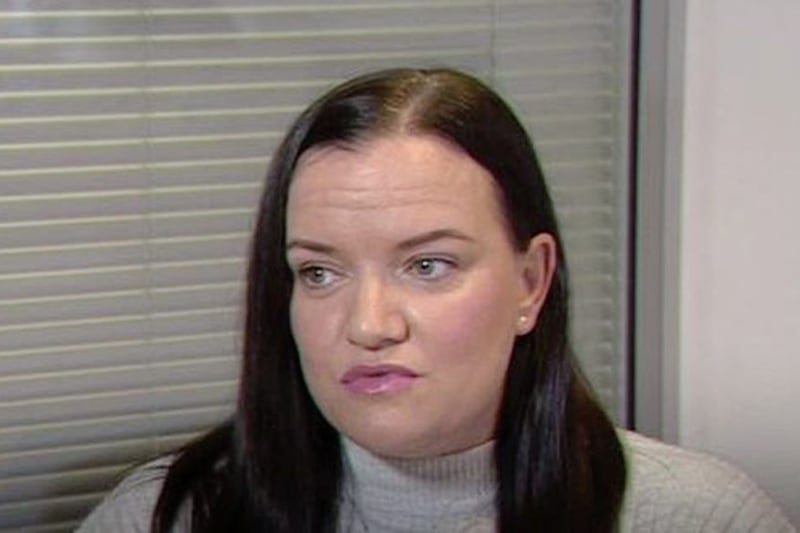THERE is a "clear need for a cultural shift around attitudes towards women" in the PSNI, a member of its oversight body has warned.
It comes as PSNI Chief Constable Simon Byrne yesterday also told the Policing Board he is determined to "root out" those responsible for incidents of sexual harassment within the force.
He was speaking after civilian PSNI employee Sinead McGrotty shared her experience of alleged sexual assault and harassment by a serving officer and told members he hopes such incidents would not put new female recruits off joining the police.
Ms McGrotty said she was subjected to inappropriate comments and touching over several years by the officer, who was not suspended at any stage during an internal disciplinary process into her allegations.
The officer, who retained his job, accepted one allegation of inappropriate touching and was fined £250, according to the BBC.
Policing Board member Dolores Kelly said she was "shocked and dismayed... (at her) horrendous ordeal", adding it "is not the first incident involving allegations of improper behaviour towards women by serving PSNI officers".
"We have seen... a number of PSNI officers investigated for alleged sexual misconduct against women in recent years and some having been jailed as a result of their actions."
She said Mr Byrne's promised internal review to provide reassurances to women and girls "must include appropriate punishments for those who have been found guilty of misconduct or who have acted inappropriately".
"We cannot allow anyone involved in this type of behaviour to remain a police officer," she said.
"Working as a member of the police services come with unique power and responsibilities and we must expect the same standards from them as we do from everyone else in society."
Mr Byrne, who is conducting a "careful assessment of the allegations", told the Policing Board he did not believe that Ms McGrotty had been always treated with sufficient sensitivity or empathy.
"We are determined to do all we can to protect women in their homes, in public spaces, and indeed in the workplace."
He insisted "sexual misconduct will not be tolerated and it is essential that anyone reporting such behaviour is supported by the systems and processes which give confidence".
"I cannot undo what has happened in the past to Sinead, but I have given my commitment that my findings will be presented to her as soon as possible and any actions arising from that will be implemented by us as a matter of priority."
Ms McGrotty told Radio Ulster's Talkback programme the officer's inappropriate behaviour started shortly after she joined the police as a civilian administrator.
"I was stunned. But I also felt quite vulnerable in that I was in a minority there, as a young Catholic girl."
She alleges the behaviour escalated to include grabbing her breasts and inappropriate remarks when she was 30 weeks pregnant, leaving her feeling "totally violated" and "quite suicidal".
Ms McGrotty reported the officer in 2012, but the Public Prosecution Service decided there was not enough evidence to prosecute.
Just one of 11 "specific allegations" was placed before an internal disciplinary panel, with a contact avoidance plan designed to try to ensure the officer stayed away from her.
She settled a case with the PSNI over its handling of the allegations in 2017, but two years later it changed the terms of the contact avoidance plan, after the officer said it was inconveniencing him.
Ms McGrotty is taking an industrial tribunal against the PSNI.



